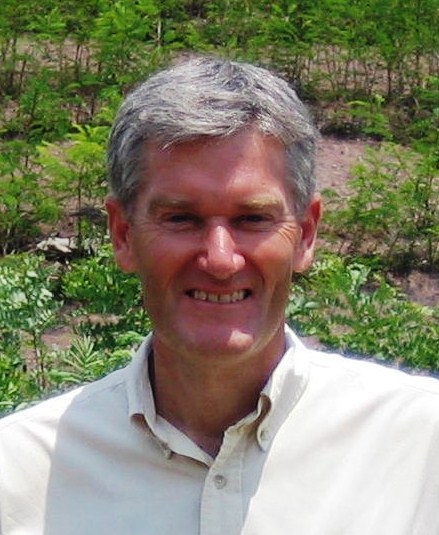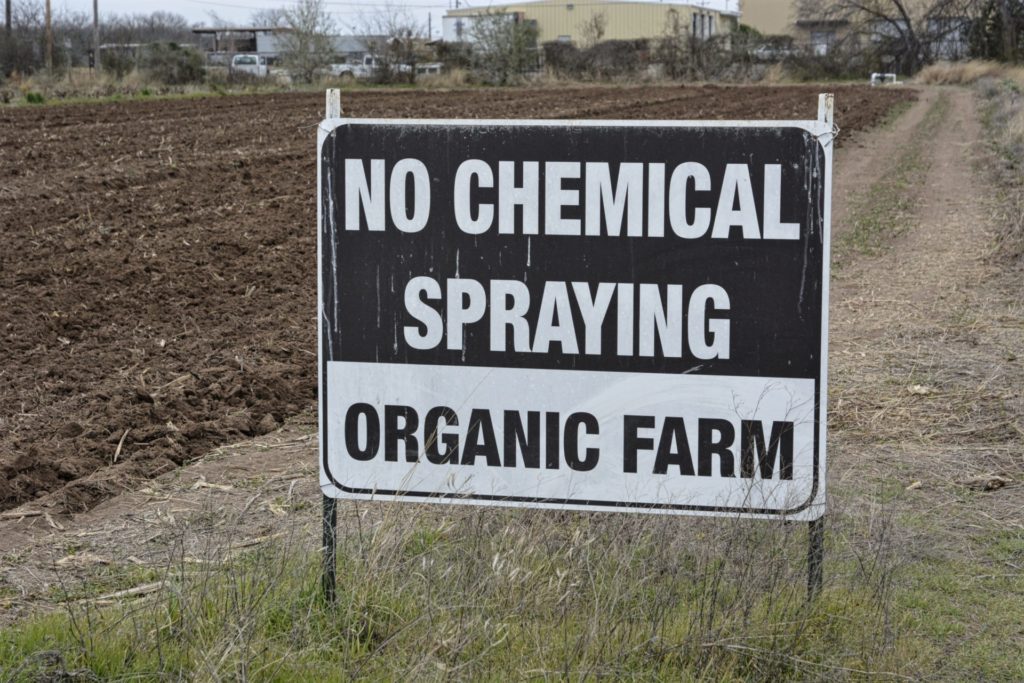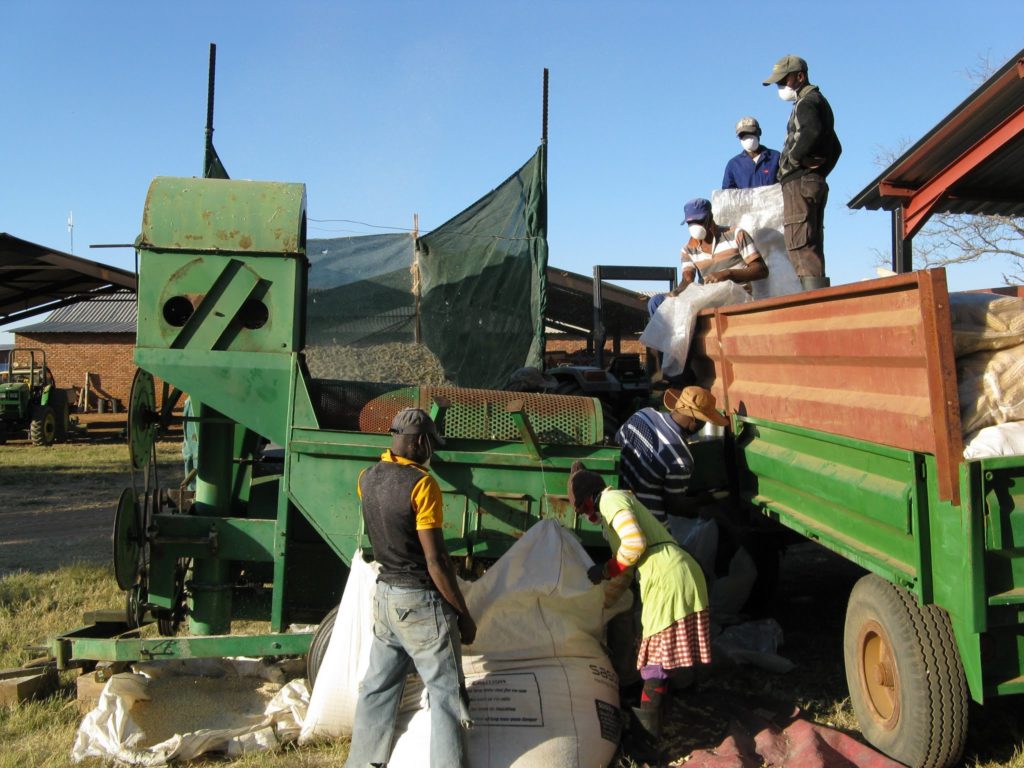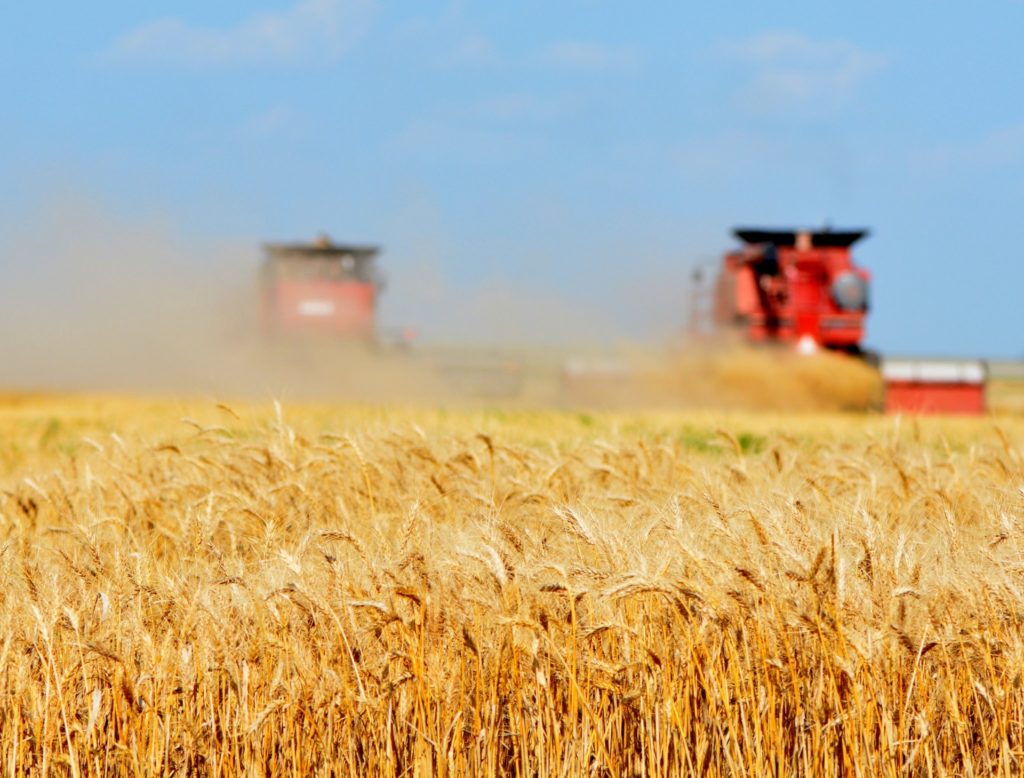AgriLife Extension brings new experience to Texas’ organic production scene
Whitney has worldwide agricultural expertise
For Bob Whitney, the new Texas A&M AgriLife Extension Service organic program specialist based at the Texas A&M AgriLife Research and Extension Center in Stephenville, agriculture has been a “worldly” experience.

Whitney, who served as an AgriLife Extension agent and then retired after 28 years to helm his own consulting company, has provided his agricultural expertise in 26 countries.
In May, he rejoined AgriLife Extension to take on his new specialist role.
“In this new position, I provide guidance to people or operations seeking organic certification,” Whitney said. “I also serve as a liaison connecting operators to AgriLife Extension and Texas A&M AgriLife Research scientists for guidance on general and sector-specific questions about organic production, as well as coordinate with the Texas Department of Agriculture and other organic certifiers to facilitate compliance with certification requirements.”
Going organic in Texas
There are currently an estimated 372 certified organic crop and livestock operations in Texas, with most of them relatively small- to medium-size compared to their commercial counterparts. More than 260 of those producers are in the South Plains and High Plains, mostly involved in peanut and cotton production.
Whitney said both his experience as an AgriLife Extension agent serving Parker, Tarrant, Comanche and Williamson counties, as well as his work in international agriculture have done much to prepare him for this new position.
“As an agent, I did a lot of work with organic producers, especially dairy producers in Central Texas where Texas’ organic dairy production started, as well as others involved in organic agriculture,” he said. “I also worked with the Texas Peanut Board and with the wheat industry here in Texas.

“There’s lot of organic wheat production going on, especially in the High Plains. And there’s a lot of organic cotton production that happens in rotation with organic peanut production.”
Whitney said Texas has about 30,000 acres of organic peanut production and leads the world in that area.
“This is a big deal since we produce 98% of the nation’s organic peanuts on the South Plains,” he said.
Whitney said while he had not previously worked with rice producers in Texas, his agricultural experiences with that crop in Asia have prepared him to work with the 71 organic rice producers in the state. Texas is one of the largest organic rice producers in the nation.
Texas also compares well to California and Wisconsin in organic milk production, but those numbers are harder to pin down, Whitney said.
He said currently Texas producers can grow almost any crop organically as there are few serious plant diseases and insect pests that might impede them from doing so.
“However, there’s not a market for everything. If there’s a very large organic price difference – the consumer may not care if it is organic – then while you can grow it, there’s not a market that will pay the difference,” Whitney said.
He noted it typically costs twice as much to produce anything organically.
“Interest in organic farming has really increased over the years along with consumer interest in how and under what conditions food is produced,” Whitney said.
Whitney’s worldwide agricultural efforts

In his most recent in-country effort, Whitney collaborated with the Norman Borlaug Institute of International Agriculture, part of the Texas A&M University System, to assist the Ukulima Farm Research Center in Limpopo Province, South Africa.
“I was asked to be the farm manager at the center,” he explained. “The center is a partnership of the Howard G. Buffett Foundation and the Borlaug Institute, and its mission is to promote African agricultural research and education. The center supports the application of science to increase African agricultural production, enhance rural livelihoods and conserve natural resources.”
Whitney’s additional experience with international agriculture projects included work in Iraq and Honduras, as well as helping faith-based organizations with agriculture projects throughout the world.
“I have done lots of agriculture work in many countries developing training and demonstration projects focused on conserving soil, cropping systems, livestock production and marketing,” Whitney said. “While many of the subsistence farmers throughout the world are not technically organic producers, they do employ many of the practices associated with organic production.”
In collaboration with the Borlaug Institute, Whitney served as chief of party and team leader for the Iraq Agricultural Extension Revitalization Project, IAER, active from 2006-2012. The project, a partnership of the U.S. Department of Agriculture’s National Institute of Food and Agriculture and the Foreign Agriculture Service, was funded by the U.S. Department of State.
Additionally, as owner of the Whitney Consulting Group, he provided consulting and research services in agriculture and community development in the U.S. and other countries. This included consultation with agricultural businesses, organizations and agencies in India, Honduras, Guatemala, Kenya, Cuba and China, as well as assistance to Christian mission groups and non-governmental organizations.
Bringing it back home
Whitney said he is eager to help expand the practice of organic farming in Texas and teach those interested in the requirements and practices that must be implemented to be granted organic certification.
“I feel my combined experience in both Texas and internationally will be of use in helping farmers throughout the state,” he said. “We can apply many of the organic soil improvement techniques used, such as intercropping or planting cover crops in between main crops, the proper spacing of crops and organic composting.”
He also said he will be involved in the practical application of research into the development of additional crops that may be grown organically in the state.
“In addition to the organic crops we already grow here, such as cotton, wheat, peanuts, rice and vegetables, we are looking into specialty crops like sesame, cowpeas, lentils, indigo, guar and hemp. We’re also looking at any other vegetables or fruits that might be produced organically in the state. Currently we are evaluating organic raspberry production under shade cloth in controlled experiments.”
He said his efforts will also include researching new crop varieties and investigating organically acceptable ways to improve their quality and yield.
“Some ways this might be done would be through the use of microbial and biological seed treatments as well as plant selection and breeding,” he said.
Whitney said the potential for organic production in Texas is great, and he feels it will continue to increase as long as consumer interest persists.



